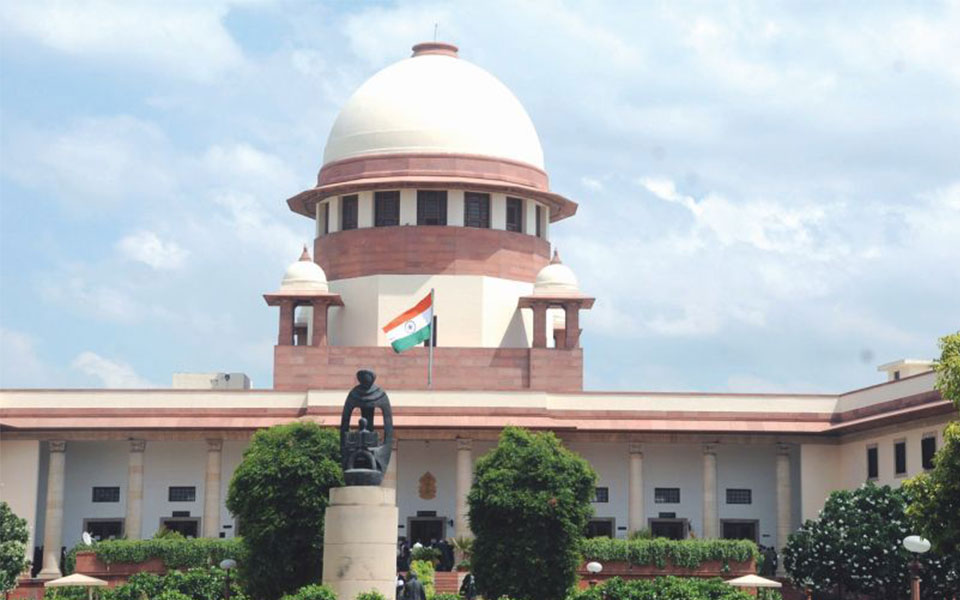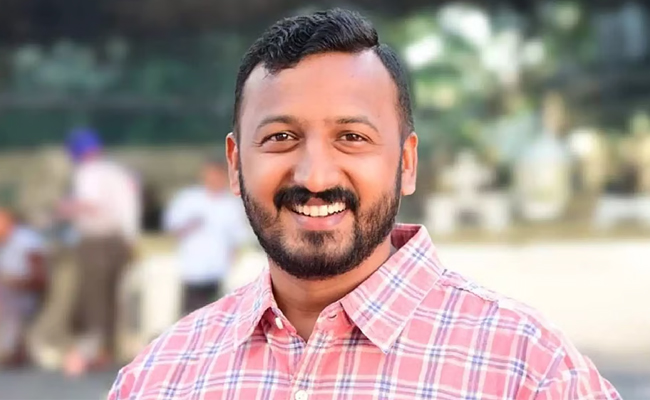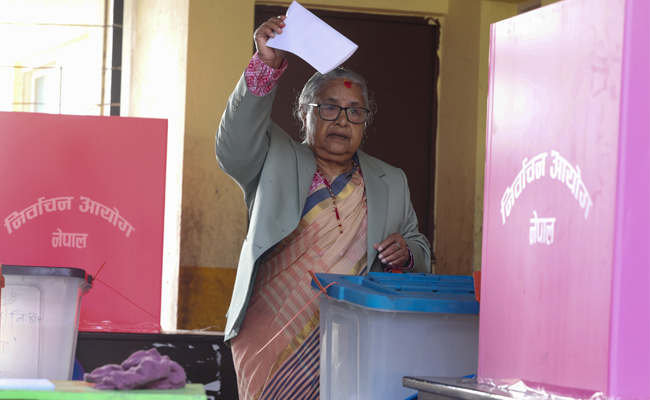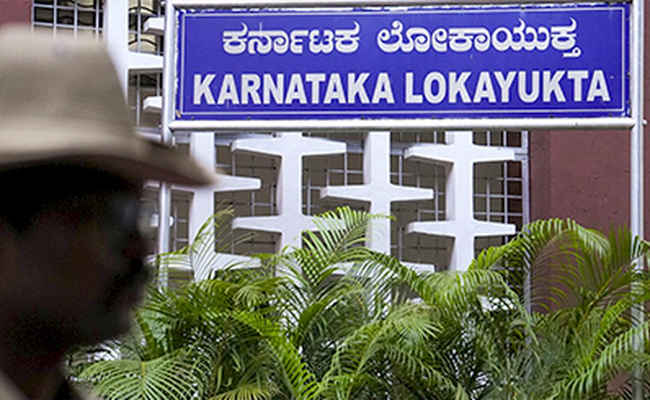New Delhi, June 8: The Supreme Court on Friday directed the Centre to set up a committee to study how the temples of cultural and architectural importance across the country are being managed, particularly vis-a-vis facilities for pilgrims and utilisation of donations/ offerings.
Since the issues of exploitation of devotees and misuse of finances may be common to various important shrines in the country, the vacation bench comprising Justice Adarsh Kumar Goel and Justice Ashok Bhushan directed the Centre to collect information on management practices of major shrines, so that they can be "reviewed for the benefit of all visitors, wherever necessary."
Senior counsel Gopal Subramanium was appointed as amicus curiae to assist the court.
The court order came on a petition that sought curbing of malpractices in the management of Shri Jagannath temple in Puri in Odisha and referred to the reports on missing key of its Ratna Bhandar, where precious jewellery and other valuables of the deity and the temple are kept.
Observing that "proper management" of the centres of pilgrimage of "great importance" is a "matter of public interest", the court said: "These centres are of undoubted religious, social, historical and architectural importance, representing cultural heritage of our country.
"Millions of people visit these centres not only for tourism but also for seeking inspiration for the righteous values and for their well-being. They also make huge offerings and donations for advancement of such values."
Having emphasised the importance of pilgrimage centres of cultural and architectural value, the court said, the committee can study the management practices of Vaishno Devi shrine (Katra, Jammu & Kashmir), Tirupati temple (Chittoor, Andhra Pradesh), Sai Baba temple (Shirdi, Maharashtra), Somnath temple (Gir Somnath, Gujarat) and the Golden Temple (Amritsar, Punjab).
The court said: "It is of prime importance that all visitors have hassle-free visits and the offerings made are utilised for righteous objects and not misappropriated in any manner by the staff/ Sevaks."
Asserting that "exploitative practices" has to be stopped at these shrines, the bench said: "The issues of hygiene and encroachment also need to be considered. Exploitative practices have to be timely stopped."
Advocating a hassle-free access to these places of worship and a curb on fleecing of devotees by priests and others associated with these shrines, Justice Goel said: "We only want that lakhs and lakhs of devotees who visit the places of worship of importance are not exploited ... there are no encroachments, malpractices ... funds coming to the temple are not misused."
Justice Goel said that their endeavour is to "protect the welfare of pilgrims going to these shrines for thousands of years".
By another direction, the top court also asked the Odisha government to "forthwith" constitute a committee to "study the management schemes in other important shrines such as Vaishno Devi, Somnath Temple, Golden Temple, Tirupati temple and Dharamsthala temple (Karnataka), and suggest such changes as may be considered necessary for the management of Shri Jagannath temple and facilities for devotees.
Describing Shri Jagannath temple as a place of national importance, the apex court directed the Puri district judge to submit by June 30 a factual report on the difficulties faced by pilgrims/ devotees, including their alleged exploitation and deficiencies in the management of the shrine.
The report will also make suggestions to improve the same.
The district judge, the court stated, may take assistance of the Collector and the Administrator and the Collector/ Administrator may provide necessary funds, facilities and information, as may be necessary.
The court said that the administration has to ensure there is no direct collection of contributions/ donations from devotees and all offerings are accounted for.
It said the donations/ offerings to the temple's deity would go directly to the temple management and not be pocketed by priests attending on the deity.
The temple management would make payments to the shrine's "sevaks" (staff), including priests.
The court directed the committee to be set up by the Odisha government to submit its interim report by June 30.
It also asked the district judge to submit the fact-finding report by June 30 as it fixed July 5 as the next date for hearing in the matter.
Directing the administration to review the arrangement of CCTV cameras already installed, including installation of more CCTV cameras at appropriate points, the court said that the footage should be viewed by an independent committee at suitable intervals.
The report of the committee, the order said, be given to the Puri district judge once every month, so that he can issue any direction, if necessary.
The court asked the amicus curiae Subramanium to collate the above reports and give his suggestions for further consideration.
Let the Truth be known. If you read VB and like VB, please be a VB Supporter and Help us deliver the Truth to one and all.
Kolkata (PTI): Flight services between Kolkata and Dubai resumed partially on Thursday, after a four-day suspension due to the ongoing conflict in the Middle East, officials said.
A flydubai aircraft from Dubai landed at the Netaji Subhas Chandra Bose International Airport here at 2:40 am with 130 passengers on board, marking the first arrival from the Middle East after services were halted for over 113 hours, they said.
The Boeing 737 Max aircraft was scheduled to arrive at 12:25 am, Kolkata airport officials said.
ALSO READ: Resolution for his removal: Speaker Birla to be present in House but not chair proceedings
The same aircraft departed for Dubai at 3:59 am with 55 passengers, they said.
The last flight to depart for the Middle East from Kolkata before the suspension was an Emirates aircraft to Dubai on February 28, the officials said.
International services between Kolkata and cities such as Dubai, Doha and Abu Dhabi were disrupted, after airlines temporarily suspended operations amid escalating tensions and airspace restrictions in parts of the Middle East, due to the conflict involving the US, Israel and Iran.
There is no clear indication about when all the Middle East routes will fully reopen, they said.





